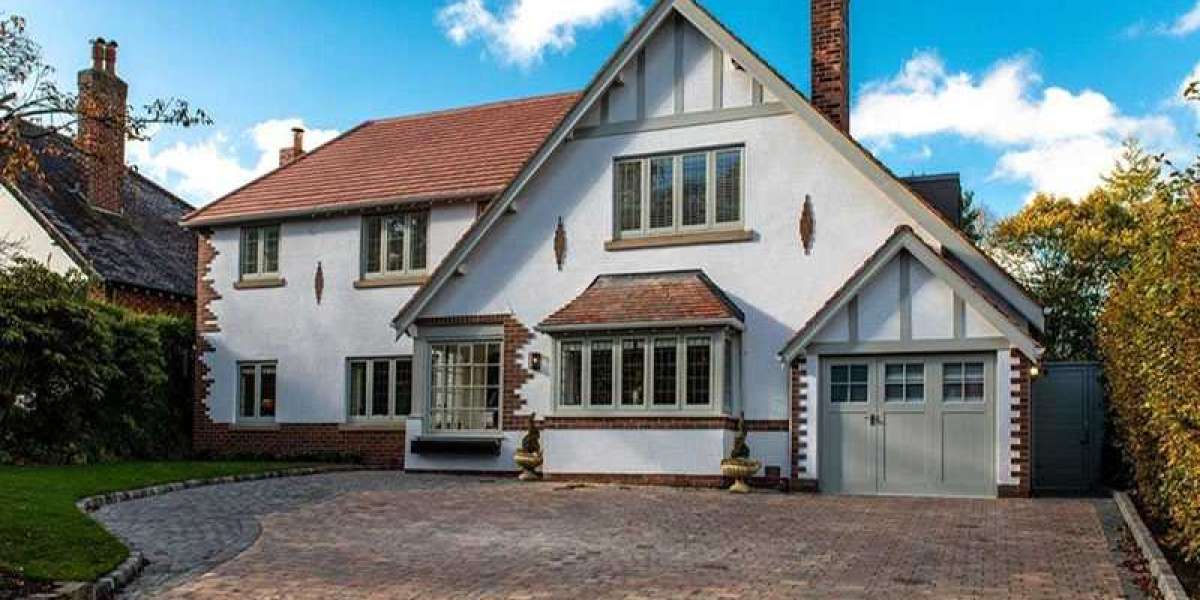Installing a shower base is a critical part of any bathroom renovation or new build, and proper plumbing is essential to ensure efficient drainage and avoid leaks. Plumbing a shower base might seem daunting, but with the right tools, materials, and guidance, it’s a manageable DIY project. This guide will walk you through the key steps to plumb a shower base correctly, from planning to final connections. Explore more How to Plumb a Shower Base
Understanding the Importance of Proper Shower Base Plumbing
The shower base is designed to collect water and funnel it safely into the drain system. Improper plumbing can lead to slow drainage, water backup, or leaks that damage your subfloor and walls. A well-plumbed shower base ensures:
Efficient water drainage
Prevention of standing water
Protection against leaks and water damage
Compliance with local plumbing codes
Before you begin, make sure you’re familiar with your local plumbing regulations and consider consulting a professional if you’re unsure about any step.
Tools and Materials You’ll Need
Shower base with drain assembly
PVC or ABS drain pipes and fittings
Pipe cutter or hacksaw
PVC primer and cement
Measuring tape
Pipe wrench and pliers
Level
Teflon tape
Plumber’s putty or silicone sealant
Step 1: Plan Your Drain Location and Plumbing Layout
Start by reviewing your shower base’s drain location. Most bases come with a pre-cut drain hole, so your plumbing must align perfectly. Measure the distance from the drain to your existing drain line under the floor.
Decide the route your drainpipe will take to connect with the home’s waste system, ensuring it follows proper slope guidelines—typically a 1/4 inch drop per foot to allow gravity to move water efficiently.
Step 2: Install the Shower Base Drain Assembly
Remove the drain assembly from the shower base and apply plumber’s putty or silicone sealant around the underside of the drain flange. Insert the drain into the base’s drain hole and press firmly to create a watertight seal.
From underneath the shower base, attach the drain body to the flange, tightening the locking nut securely. Wrap the threads with Teflon tape for added leak protection.
Step 3: Connect the Drain Pipe to the Shower Drain
Cut the drainpipe to the proper length using a pipe cutter or hacksaw. Dry-fit the pipe to check alignment and ensure proper slope.
Use PVC primer on the pipe ends and inside the fittings, then apply PVC cement to both surfaces and quickly join them. Hold for a few seconds to set the bond.
Attach the pipe to the shower drain’s tailpiece, ensuring a secure, leak-proof connection.
Step 4: Connect to the Existing Drain Line
Runhe drainpipe from the shower base to the existing drain line under the floor. Use appropriate fittings—such as wyes or sanitary tees to connect to the main waste pipe.
Ensure all connections are tight and properly glued, maintaining the slope for adequate drainage.
Step 5: Test the Drain for Leaks
Before covering the pipes, run water through the shower drain to check for leaks. Inspect all joints carefully and tighten or reseal any areas where water seeps out.
Step 6: Finalize Installation and Prepare for Flooring
Once plumbing is confirmed leak-free, secure the shower base according to manufacturer instructions. Proceed with installing your waterproofing membrane and floor tiles or other flooring materials.
Conclusion
Plumbing a shower base requires attention to detail and adherence to proper techniques to ensure a reliable, leak free drainage system. By planning carefully, using the right materials, and following these step-by-step instructions, you can successfully plumb your shower base and enjoy a well-functioning bathroom fixture. If ever in doubt, don’t hesitate to consult a licensed plumber to guarantee your work meets all safety and code requirements. Visit the official website of delexplumbing.ca


